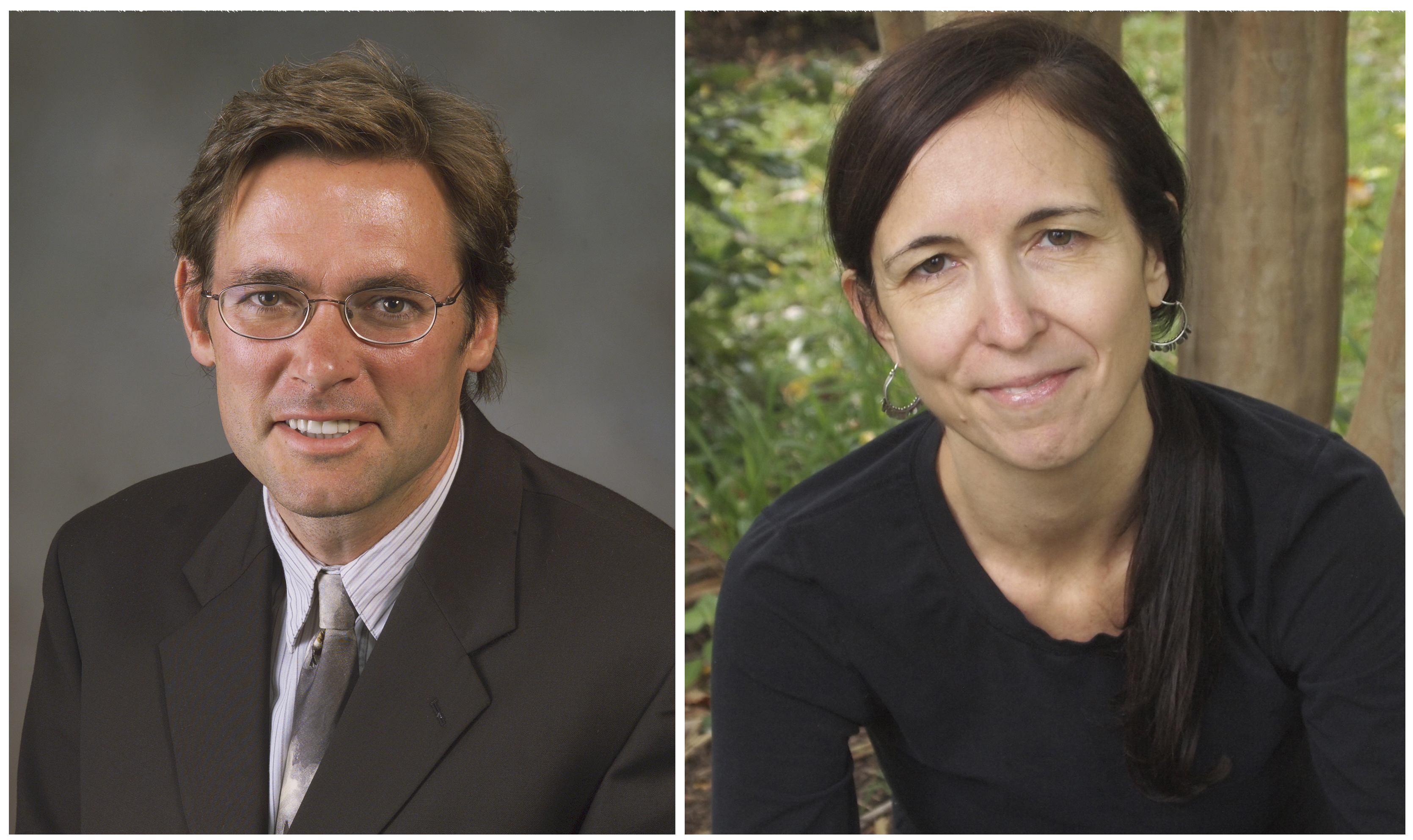Virginia Tech to launch engineering and science ethics course

Two well-known Virginia Tech researchers from the College of Engineering and the College of Liberal Arts and Human Sciences, who previously collaborated on studies involving lead contamination in water, are now co-developing an interdisciplinary graduate engineering and science ethics course.
A $350,000 grant from the National Science Foundation will create a four-part ethics program based on a 2010 pilot course jointly developed by Marc Edwards, the Charles Lunsford Professor of Civil Engineering and a MacArthur Fellow, and Yanna Lambrinidou, an adjunct assistant professor in the Department of Science and Technology Studies at Virginia Tech’s National Capital Region campus, near Washington, D.C.
The course emphasizes the importance of seeking out and listening to the concerns of diverse stakeholders as a “best practice” for engineers and scientists. In the class, Edwards and Lambrinidou taught an ethos of public engagement and care that emphasized the notion that engineers and scientists must first and foremost protect public welfare. The National Science Foundation grant will support development of four student-led, freestanding multimedia teaching modules to be disseminated to other graduate schools throughout the United States and beyond.
“If engineers and scientists of the 21st century are to expand their traditional responsibility of problem-solving to include problem-defining, they must have the skills to work collaboratively with the public,” said Lambrinidou.
Added Edwards, “Engineers and scientists who become alienated from the public are much more vulnerable to self-interest, self-delusion and institutional pressures that can contribute to unethical conduct and harmful decisions.”
The four in-development modules are to be respectively titled “Learning to Listen,” “Responsible Conduct of Research,” “Responsible Conduct of Practice,” and “Witnessing Wrongdoing and the Obligation to Prevent Harm.”
The original pilot course was started with grant funding from an initiative jointly sponsored by the Virginia Tech Institute for Society, Culture and Environment; the Institute for Critical Technology and Applied Science; and the Fralin Life Sciences Institute, all based at Virginia Tech’s Blacksburg campus.
Edwards and Lambrinidou first teamed up during a now famous study of lead contamination from drinking water pipes in several Washington, D.C. neighborhoods. During their multi-year investigation, Lambrinidou and Edwards relied extensively on interviews and observations of parents, teachers, engineers, and scientists to expose health impacts on area children.
Congressional investigators later characterized the contamination as a “public health tragedy.” The two researchers later collaborated on a $450,000 Robert Wood Johnson Foundation grant that took a new look at the federal Lead and Copper Rule.
The new grant is a natural extension of their experiences and observations, said Edwards and Lambrinidou. Other Virginia Tech partners involved with the ethics modules include the Virginia Tech public health program, and the Interdisciplinary Graduate Education Program’s Water INTERface and Sustainable Nanotechnology programs.








